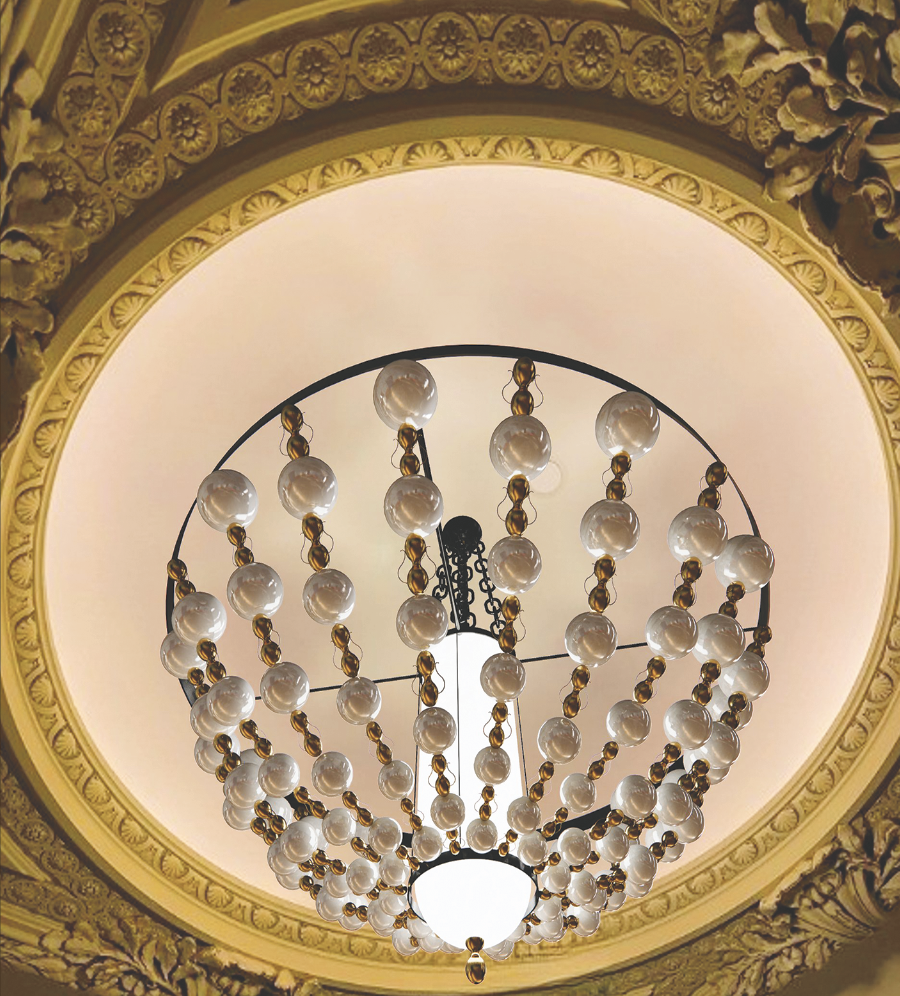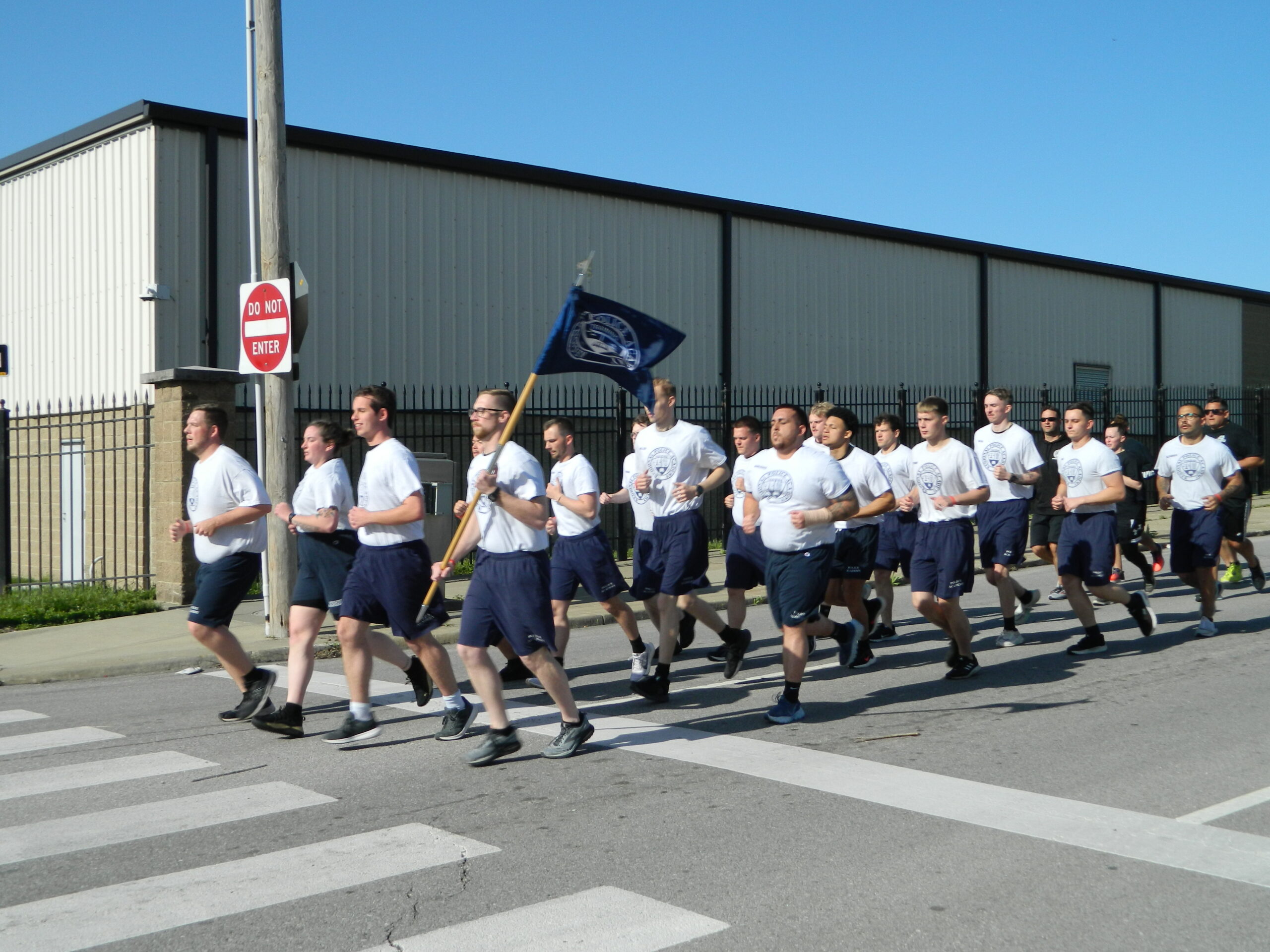Michael Bushnell
Publisher
On June 10, Kansas City’s Regulated Industries Division sent out notices to property owners within a 300-foot radius of the Family Dollar Store at 3719 Independence Ave., notifying them of the retailer’s intent to seek a permit to sell liquor, beer and wine during business hours.
Almost instantly, local businesses and residents began to push back, noting the location of the store was in one of the worst areas of the Avenue, and recalling that three homicides had been recorded in the past year within two blocks of the location.
Bobbi Baker Hughes, President of the Northeast Kansas City Chamber of Commerce, received a tip from another local business owner about the application – not from the Regulated Industries Division – and expressed concern not only about the notification process but also about the lack of communication between City departments in terms of how the Independence Avenue Overlay Plan, developed by the City and community and approved by the City Council and the Mayor in July of 2016, prohibits the approval of new liquor permits.
“We were notified of this through a good friend, not through the City,” Baker Hughes said. “We started talking to those impacted residences and businesses because nobody else would talk to them. Applicants for liquor permits now don’t have to go door to door anymore and get signatures. The City thinks it’s the community’s job to know that it’s happening and request an opposition form.”
The process now stacks the deck against the community in terms of knowing what businesses are requesting liquor permits, as well as registering opposition to that permit. One Avenue business owner learned of the permit application and sent an opposition letter to the Legal Investigator at Regulated Industries expressing his opposition to the permit. That business owner received a response back stating they “were not eligible to vote because we are too far away and there are enough residents and businesses within the closer radius.”
Also excluded from having a say in the matter were business entities less than a year old. Business and residential tenants are also not eligible to participate, the very people who would have to live with the associated problems that often accompany a new liquor permit issued in a highly dense, urban core setting.
In recent months, the Family Dollar store requesting the liquor permit has been closed for extended periods of time with a handwritten sign in the door directing customers to other Family Dollar locations in the neighborhood.
Baker Hughes said it’s important to note that the Northeast Chamber hasn’t taken a position on the matter officially.
“Our discussions were informational only,” Baker Hughes said. “We took the information from the City and communicated with the impacted businesses in the neighborhood and 100% we spoke with were absolutely against this. They don’t want another liquor store with as many problems as that block has.”
Jim Ready, Manager of the Regulated Industries Division, addressed the procedural issues in regard to considering the Avenue Overlay Plan, as well as those impacted businesses and residents outside the 300-foot radius area.
Referring to whether the Independence Avenue Overlay Plan was a consideration in the determination process, Ready said, “With regard to Chapter 10 of the Code of Ordinances, this [the overlay district] is not an qualifier/disqualifier when it comes to consideration for a liquor license, so we do not consider it.”
Ready also indicated that residents and businesses outside of the 300-foot radius who sent letters of support or opposition to the issuance of the permit were also not part of the consideration process.
In the end, the nay votes prevailed against the issuance of the permit. An email from Ready states:
“On July 13, after weighing all factors outlined in section 10-212(d) of the Code of Ordinances of the City of Kansas City, Missouri, to include going through the neighborhood notification and voting period, the application for an original liquor license and Sunday liquor license was been denied because the applicant’s license was determined likely to be a detriment to the locality involved. My decision was issued in writing to the applicant and all responding eligible neighbors and included the reasons for my decision. A big reason for my decision was because 50% or more of the eligible consenters did not support the license.”
The applicant has ten days from the date on the city issued denial letter to file an appeal.


















